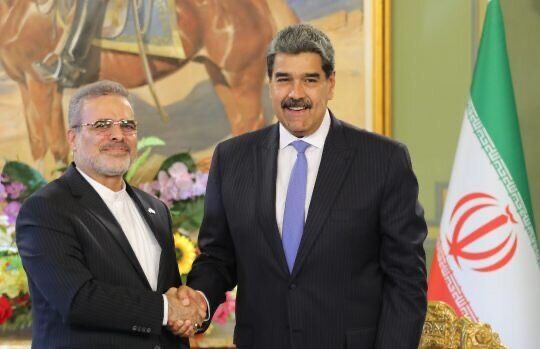
Similar Posts

Russia Stands Firm with Iran Amidst US ‘Maximum Pressure’ Tactics
In 2025, Iran and Russia solidified their alliance through a Strategic Comprehensive Agreement consisting of 47 articles aimed at enhancing cooperation in economic, political, and security areas amid rising Western sanctions. This agreement focuses on regional stability, economic collaboration, and initiatives like the North-South Transport Corridor. It also enables both nations to bypass sanctions by utilizing national currencies for trade. The pact signals a joint stance against Western influence, particularly in light of Donald Trump’s presidency and his “maximum pressure” policy on Iran. It emphasizes collaborative efforts to maintain regional peace and security while countering external interference.
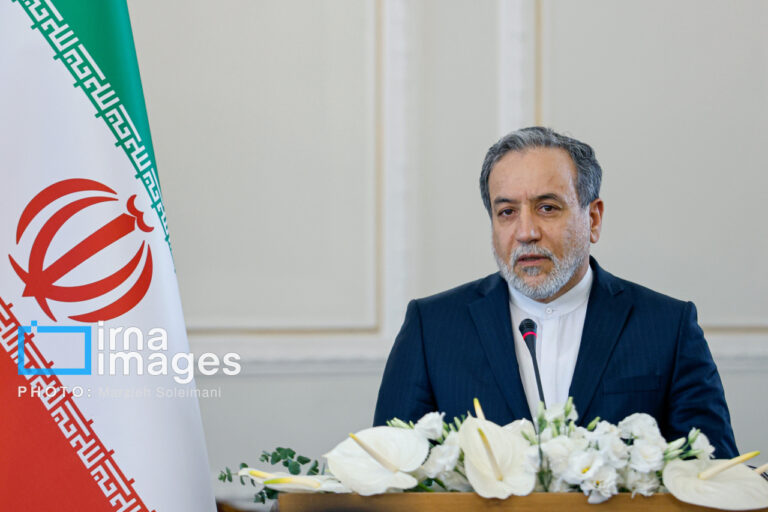
Iran Weighs Participation in Upcoming U.S. Talks: Insights from Araqchi
Iran’s Foreign Minister Abbas Araqchi announced the country is reconsidering its participation in upcoming indirect talks with the U.S., warning that excessive demands from Washington could hinder diplomatic efforts. He highlighted that Iran has addressed U.S. “unreasonable demands” and stated that enrichment will continue regardless of an agreement. Araqchi expressed Iran’s readiness to discuss transparency in its nuclear program, but insisted on the lifting of sanctions tied to nuclear allegations. Meanwhile, U.S. envoy Steve Witkoff noted that no agreement is possible unless Iran abandons its enrichment program, a demand that Iranian leaders have labeled as excessive.

Foreign Ministry Spokesperson Slams U.S. Sanctions as New Indirect Talks Loom
Foreign Ministry spokesperson Esmaeil Baqaei criticized new U.S. sanctions, claiming they undermine diplomatic efforts between Iran and the U.S. Announced before the fifth round of indirect talks, these sanctions raise doubts about Washington’s commitment to diplomacy. Baqaei condemned the sanctions as unlawful and inhumane, particularly their impact on the construction sector, stating they violate human rights and hinder Iran’s development. He expressed concerns that the sanctions, coinciding with ongoing negotiations, question America’s seriousness in seeking diplomatic solutions. Baqaei affirmed the Iranian people’s resilience against such measures, indicating significant implications for regional stability and international relations.
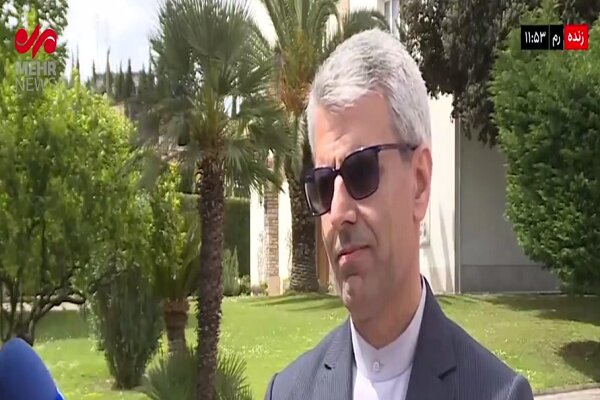
FM Spokesperson Reveals Exact Timing for Crucial Iran-US Talks
Today at 12:00 PM, Iran and the United States will begin crucial negotiations in Muscat, focusing on Iran’s peaceful nuclear energy program and economic sanctions. The Iranian delegation, comprising technical experts, aims to protect national interests and secure the lifting of sanctions. Iranian Foreign Minister Abbas Araghchi criticized the US for its inconsistent statements but reaffirmed Iran’s commitment to its nuclear rights, which he insists are non-negotiable. The talks represent a pivotal moment in Iran-US relations, with both sides seeking a resolution that respects Iran’s rights while addressing international concerns. The outcome could significantly impact global diplomacy.
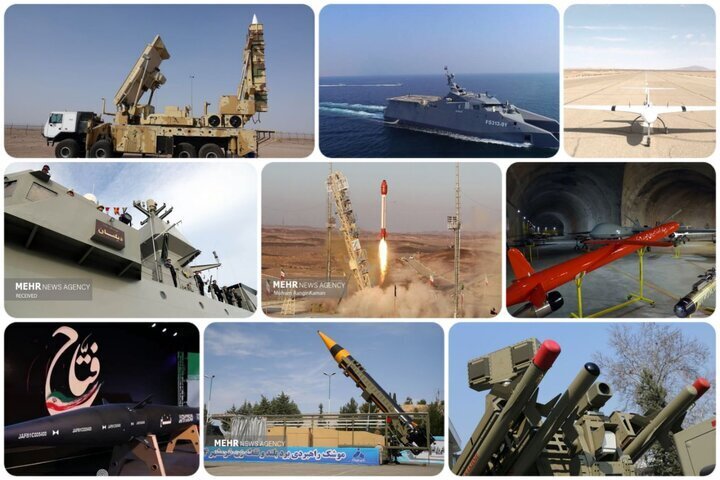
Iran Strengthens Defense Capabilities for Unshakeable Deterrence
Tensions between Iran and the U.S. are rising amid nuclear negotiations, prompting Israeli officials to threaten military action against Iran’s nuclear infrastructure. This situation raises questions about the military capabilities of both nations. According to the 2023 American Global Firepower report, Iran ranks as a formidable military power in West Asia, surpassing Israel and regional rivals like Saudi Arabia and Pakistan, despite its military budget being significantly lower. Iran’s strengths include a robust missile program, indigenous defense production, and strategic geographical positioning. As it aims to become the leading military power in West Asia by 2025, global developments will be closely monitored.
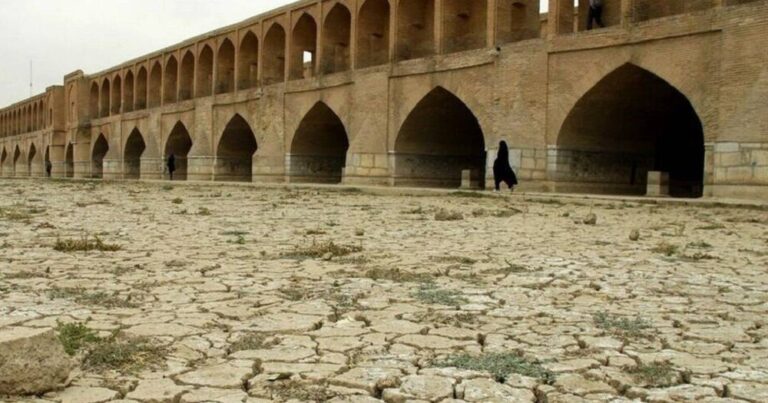
Iran’s Water Crisis Deepens: Tensions Rise Between Isfahan and Yazd
Farmers in Isfahan, Iran, are protesting the country’s severe water crisis, highlighting frustrations over water rights and management. Recent protests involved sabotage of water infrastructure and disrupted drinking water supplies to Yazd, revealing civil unrest risks. Over 95% of Iran faces prolonged drought, exacerbated by mismanagement and unsustainable agricultural practices, particularly in water-scarce regions. The Zayandeh Rud River, crucial for Isfahan’s agriculture, has seen diminished flow since 2006. As temperatures rise, urgent government measures, including the closure of offices and distribution of water, reflect the crisis’s severity. The interplay of environmental policies and industrial needs remains critical for resolution.